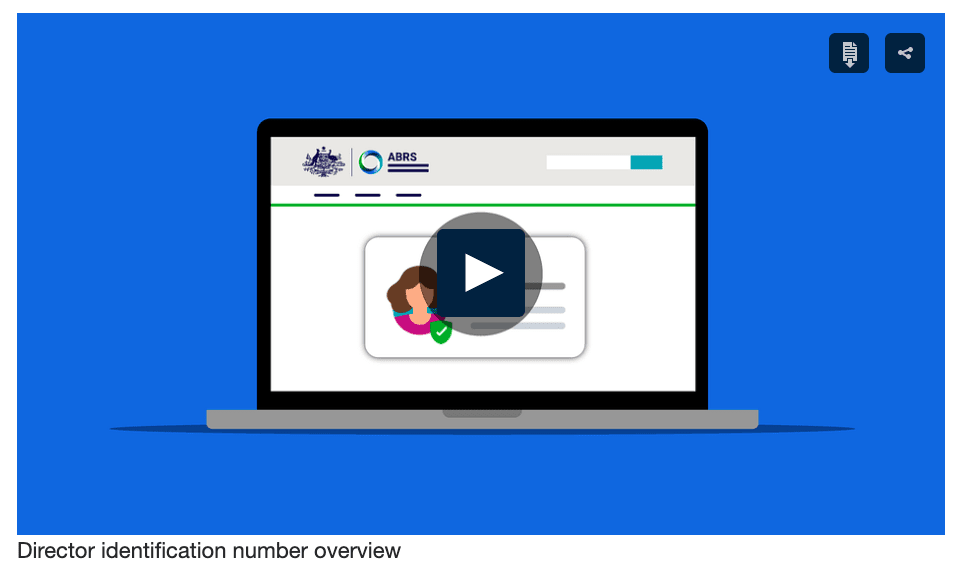Clock ticking on small business lodgement penalty amnesty
Small businesses have until the end of December 2023 to get back on track with overdue forms via the small business lodgement penalty amnesty.
Late lodgement penalties will be remitted under the amnesty which ends on 31 December 2023 for small business income tax returns, fringe benefits tax (FBT) returns and business activity statements (BAS) originally due between 1 December 2019 and 28 February 2022.
More than 14,000 small businesses have taken advantage of the amnesty since it kicked off on 1 June 2023, with more than $48 million in failure to lodge (FTL) penalties remitted.
Directors who bring their company lodgements up to date can also have FTL penalties remitted if they rely on company lodgements to finalise their tax affairs. This applies to eligible lodgments made between 1 June and 31 December 2023.
The amnesty provides an opportunity for small businesses to re-engage with their tax affairs and get back on track with their lodgement obligations without penalties.
If a small business has ceased trading, they need to advise their registered tax professional or contact the ATO directly to seek assistance with finalising their tax obligations, which may include lodging overdue returns, cancelling their ABN and paying any amounts overdue.
While penalties will be remitted under the amnesty, if a business finds themselves with a tax debt after their overdue forms are lodged, they must pay in full to avoid further interest charges or check the ATO website to see if they are eligible for a payment plan.






